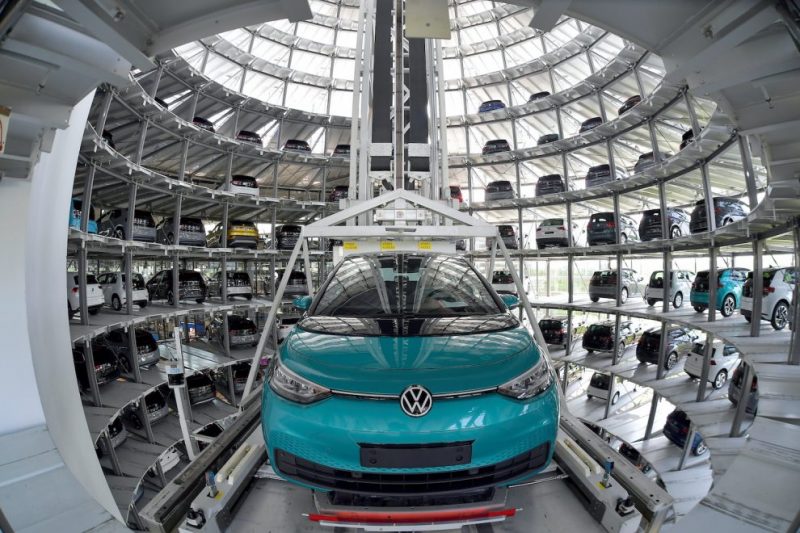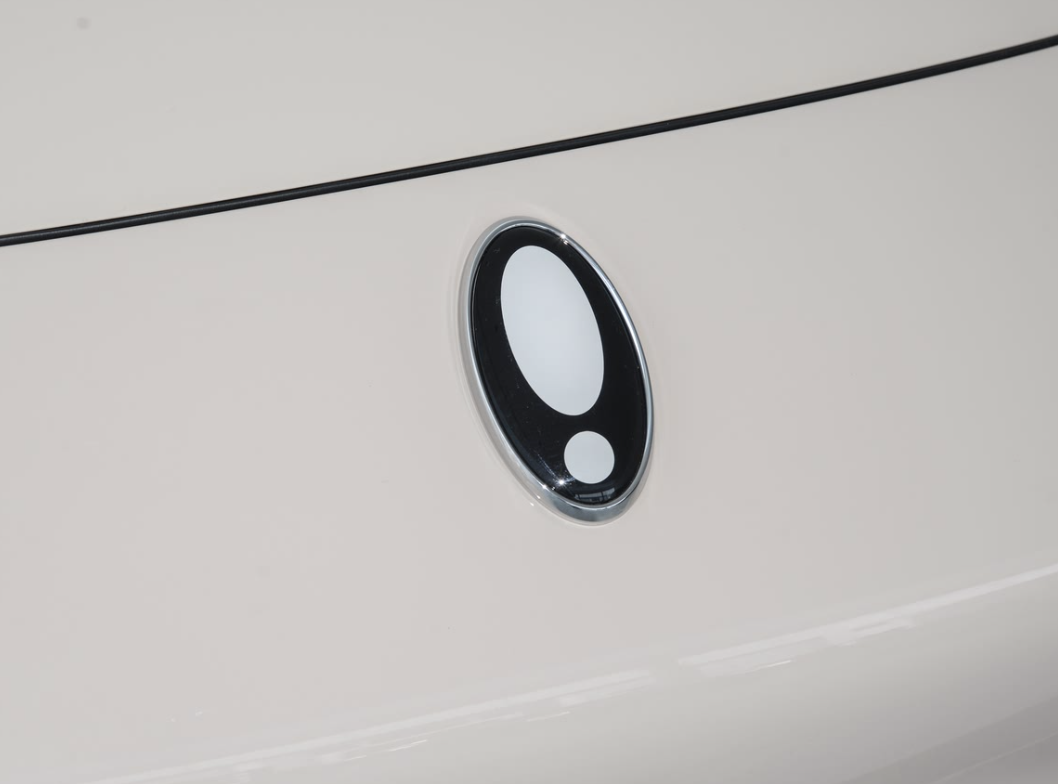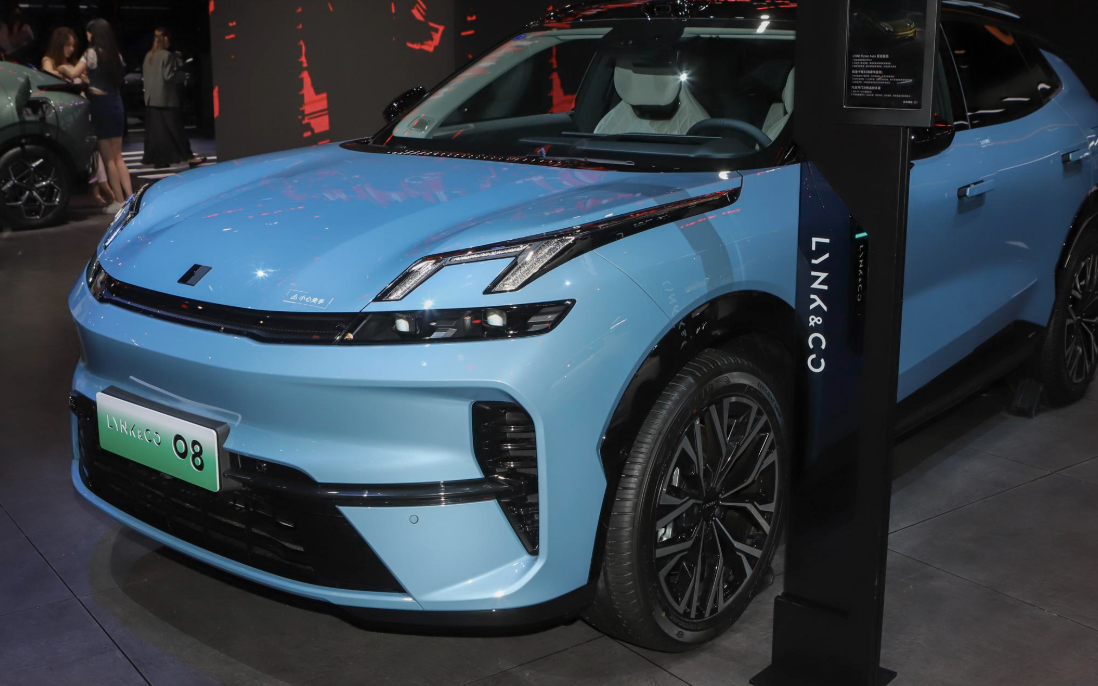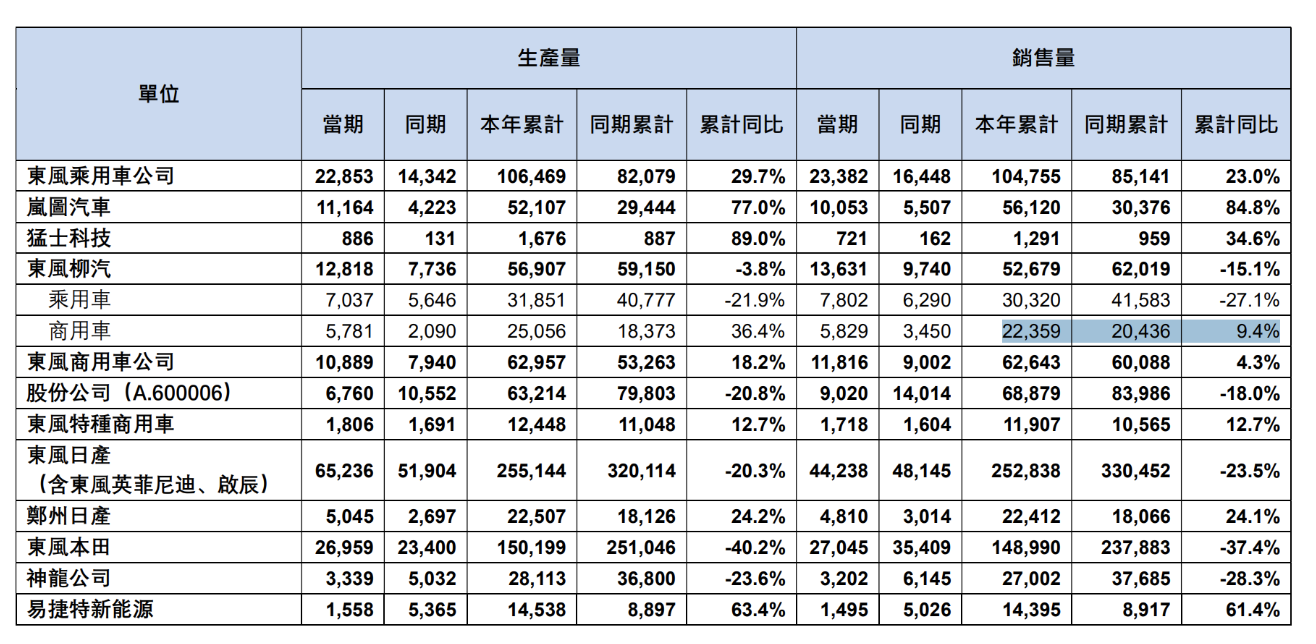The financial reports of Chinese auto companies in 2023 have been released recently. Among them, SAIC Motor, the largest A-share market value auto company, and Great Wall Motors, the largest collectively-owned auto company in China, both saw a significant decline in net profit last year. Another large state-owned auto company, Dongfeng Group, lost 4 billion yuan last year.
SAIC’s net profit decreased by 12.48% last year
On March 29, Shanghai Automotive Group Co., Ltd. (referred to as “SAIC”) released its 2023 annual report.
The financial report shows that in 2023, SAIC’s operating revenue was approximately 726.199 billion yuan, an increase of 0.72% year-on-year; the net profit attributable to shareholders of the listed company was approximately 14.106 billion yuan, a decrease of 12.48% year-on-year; the basic earnings per share was 1.226 yuan, a decrease of 12.43% year-on-year.
In terms of sales, SAIC sold 5.021 million vehicles in 2023. Among them, the sales of self-owned brands were 2.775 million vehicles, accounting for more than 55% of the company’s sales; the sales of new energy vehicles were 11.23 million vehicles.
However, specifically looking at the individual subsidiaries, the production and sales of SAIC’s joint venture brands have all declined year-on-year. Among them, Volkswagen’s sales were 1.215 million vehicles, a year-on-year decrease of 8.01%; General Motors’ sales were 1.001 million vehicles, a year-on-year decrease of 14.45%; Wuling’s sales were 1.403 million vehicles, a year-on-year decrease of 12.31%.
SAIC expects future risks to come from two main aspects: First, the intense price competition in the domestic industry may trigger market fluctuations and affect the pace of recovery in automotive consumer demand; second, the implementation of trade protection measures in some overseas regional markets may have a negative impact on China’s vehicle exports.
As the largest auto company in China’s A-share market, SAIC is under the jurisdiction of the Shanghai State-owned Assets Supervision and Administration Commission.



